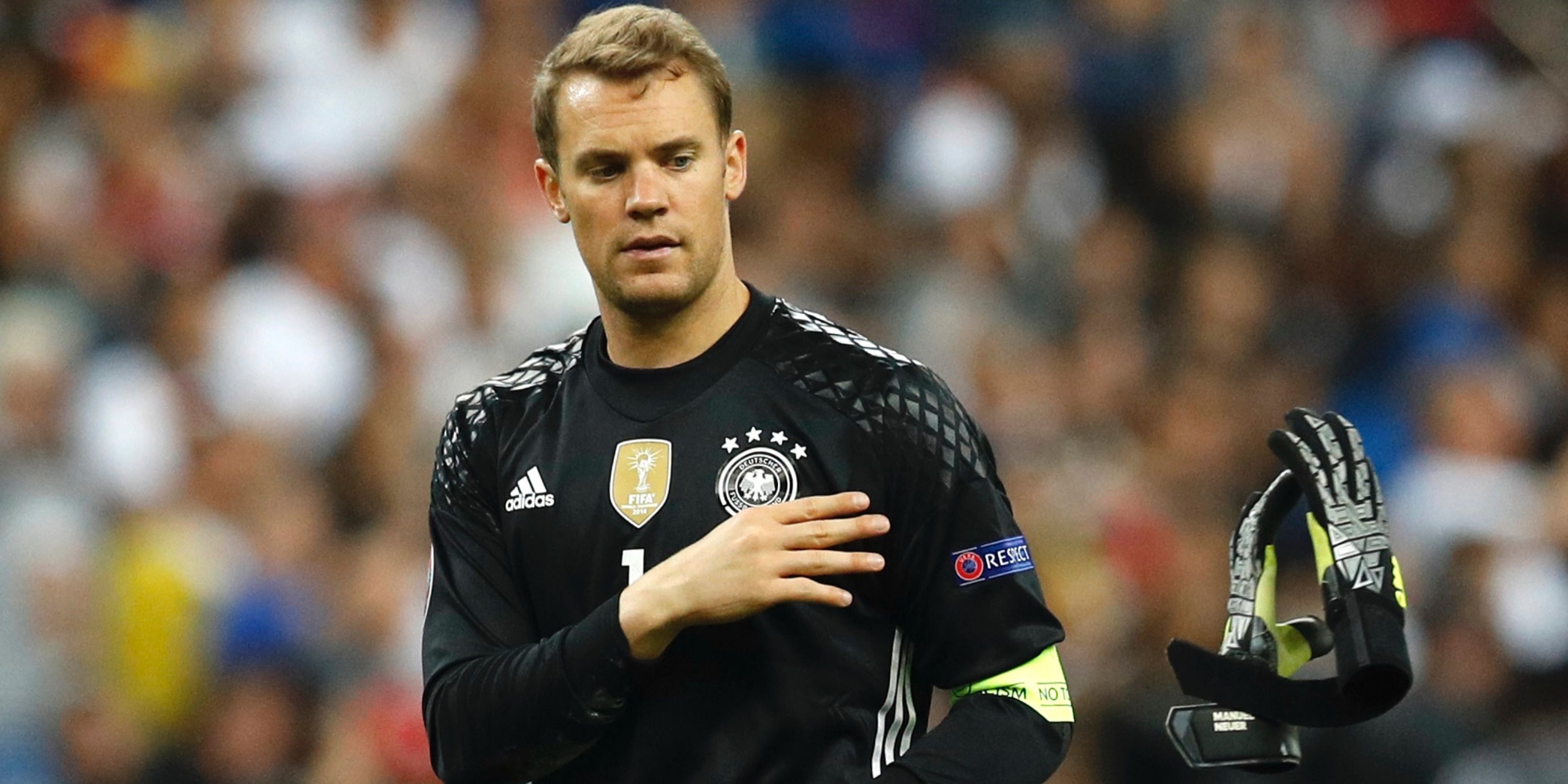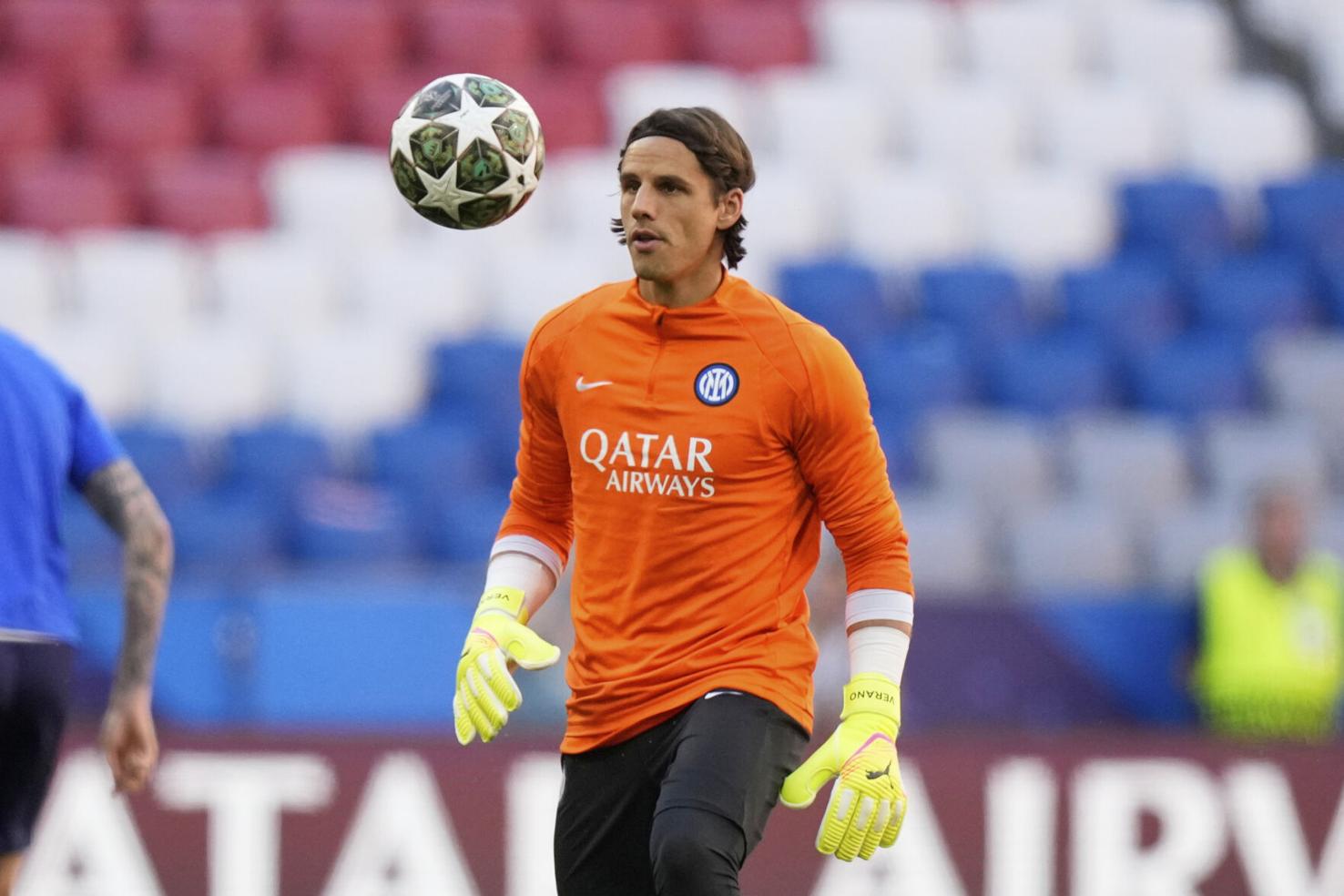“History of Football in Germany
Related Articles History of Football in Germany
History of Football in Germany

Football, known as Fußball in German, holds a special place in the hearts of millions of Germans. It’s more than just a sport; it’s a cultural phenomenon, deeply intertwined with the nation’s identity, history, and social fabric. From its humble beginnings in the late 19th century to its current status as a global powerhouse, the history of football in Germany is a captivating story of passion, innovation, and unwavering dedication.
Early Beginnings: The Introduction of Football
The story of German football begins in the late 19th century, during a period of rapid industrialization and social change. As in many other European countries, football was introduced to Germany through English expats and students who brought the game with them. Initially, football was primarily played in schools and universities, mainly among the upper classes.
One of the key figures in the early development of German football was Konrad Koch, a teacher at the Martino-Katharineum Gymnasium in Braunschweig. In 1874, he introduced football to his students, adapting the rules to suit the local context. Koch’s efforts helped to popularize the game among young Germans and laid the foundation for the establishment of football clubs.
The Formation of Clubs and Associations
As football gained popularity, clubs began to emerge across Germany. The first football clubs were often associated with schools, universities, or gymnastics associations. Some of the earliest clubs included BFC Germania 1888, founded in Berlin, and Hamburger SV, which was formed through a merger of several local clubs.
In 1900, the German Football Association (Deutscher Fußball-Bund or DFB) was founded in Leipzig. The establishment of the DFB marked a significant milestone in the development of German football, as it provided a national governing body to regulate the sport, organize competitions, and represent Germany in international football.
Early Competitions and the Rise of Regional Leagues
In the early years of German football, competitions were primarily organized at the regional level. Various regional leagues emerged, each featuring clubs from a specific geographic area. These leagues provided a platform for clubs to compete against each other and showcase their talent.
The first German national championship was held in 1903, with VfB Leipzig emerging as the inaugural champions. The early years of the championship were dominated by clubs from the major cities, such as Leipzig, Berlin, and Hamburg.
The Interwar Period: Challenges and Resilience
The First World War had a profound impact on German society, including the world of football. Many players were called up for military service, and football activities were disrupted. However, despite the challenges, football continued to be played in Germany, providing a sense of normalcy and escapism during a difficult time.
In the aftermath of the war, German football faced new challenges, including economic instability and social unrest. However, the sport also experienced a period of growth and innovation. New tactics and training methods were introduced, and the game became more professionalized.
The Nazi Era: Exploitation and Control
The rise of the Nazi regime in the 1930s had a significant impact on German football. The Nazis sought to control all aspects of society, including sport, and they used football as a tool for propaganda and indoctrination.

Jewish players and officials were banned from participating in football, and clubs with Jewish connections were forced to disband. The Nazis also reorganized the German football league system, creating a new top-tier division called the Gauliga.
Despite the oppressive atmosphere, football continued to be played in Germany during the Nazi era. However, the sport was heavily politicized, and players were under constant pressure to conform to the regime’s ideology.
Post-War Rebuilding: A New Beginning
The end of the Second World War marked a new beginning for German football. The country was in ruins, and the football infrastructure had been severely damaged. However, despite the challenges, the German people were determined to rebuild their nation, including their beloved sport.
In the immediate post-war years, football was reorganized along regional lines, with various leagues emerging in different parts of the country. In 1949, West Germany and East Germany were formally established as separate states, each with its own football association and league system.
The Bundesliga Era: Professionalization and Success
In 1963, West Germany established the Bundesliga, a nationwide professional football league. The creation of the Bundesliga marked a turning point in the history of German football, as it ushered in an era of professionalization, commercialization, and increased competitiveness.
The Bundesliga quickly became one of the top football leagues in Europe, attracting talented players from around the world. German clubs also began to achieve success in European competitions, with Bayern Munich emerging as a dominant force.
East German Football: A Separate Path
While West Germany embraced professional football, East Germany followed a different path. The East German government viewed sport as a tool for promoting socialist ideology, and football was heavily controlled by the state.
East German clubs were often affiliated with state-owned enterprises or security agencies, and players were considered state employees. Despite the lack of professionalization, East German football produced some talented players and competitive teams.
Reunification and a New Era
The reunification of Germany in 1990 had a profound impact on German football. The East German football league system was integrated into the West German system, and clubs from the former East Germany joined the Bundesliga and other leagues.
The reunification also brought new challenges, as the integration of the two football systems was not always smooth. However, over time, German football has become more unified and competitive, with clubs from both the East and West contributing to the success of the national team and the Bundesliga.
The National Team: Pride and Glory
The German national football team, known as Die Mannschaft, is one of the most successful national teams in the world. Germany has won four FIFA World Cups (1954, 1974, 1990, 2014) and three UEFA European Championships (1972, 1980, 1996).
The German national team is known for its discipline, tactical prowess, and mental strength. The team has produced some of the greatest players in football history, including Franz Beckenbauer, Gerd Müller, Lothar Matthäus, and Miroslav Klose.
Modern German Football: Innovation and Development
Today, German football is thriving at all levels. The Bundesliga is one of the most popular and competitive football leagues in the world, attracting millions of fans and generating billions of euros in revenue.
German clubs are known for their strong youth academies, which produce talented players who go on to play for the national team and top clubs around the world. German football is also at the forefront of innovation, with clubs and coaches constantly developing new tactics and training methods.
Conclusion
The history of football in Germany is a rich and complex story, spanning over a century of passion, innovation, and dedication. From its humble beginnings to its current status as a global powerhouse, German football has overcome numerous challenges and achieved remarkable success.
Football is more than just a sport in Germany; it’s a cultural phenomenon that unites people from all walks of life. The German national team is a source of national pride, and the Bundesliga is a symbol of the country’s economic and sporting prowess. As German football continues to evolve and innovate, it is sure to remain a dominant force on the world stage for many years to come.

